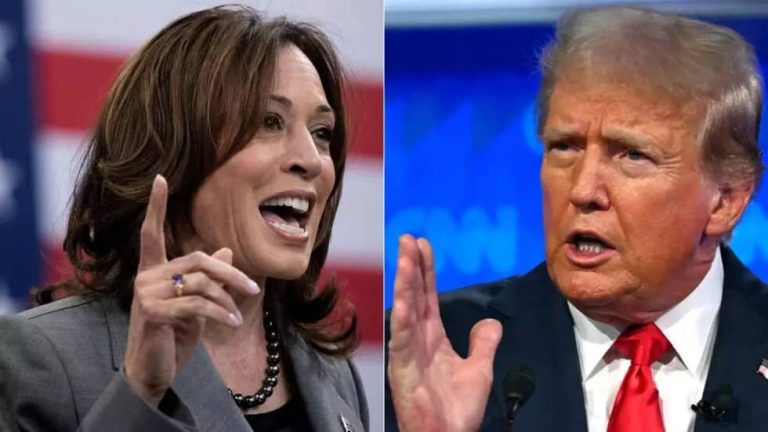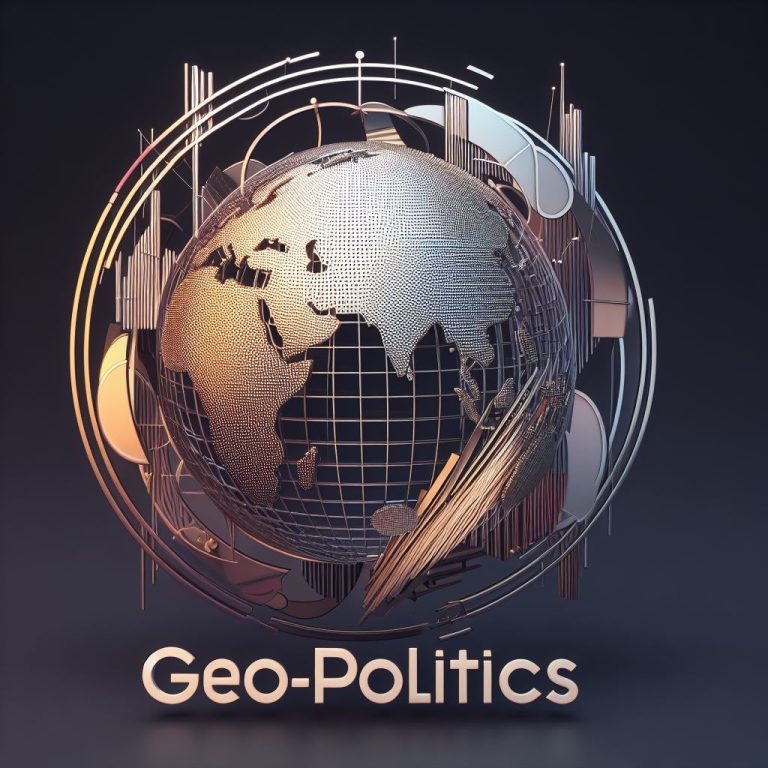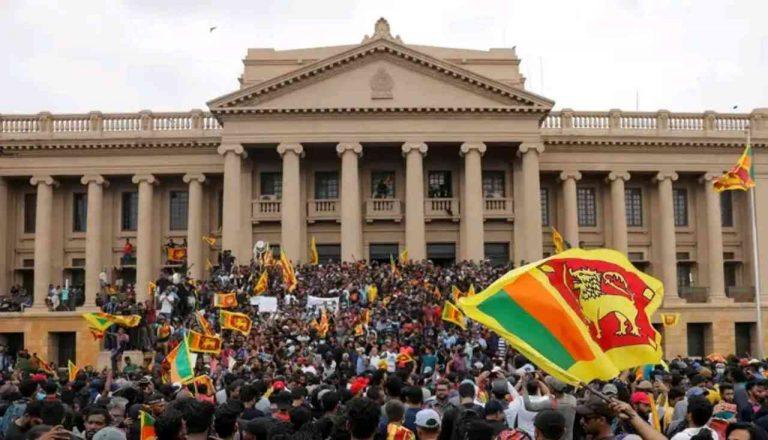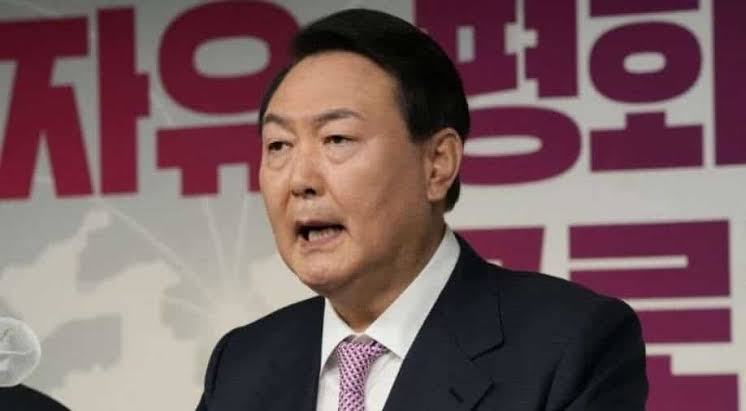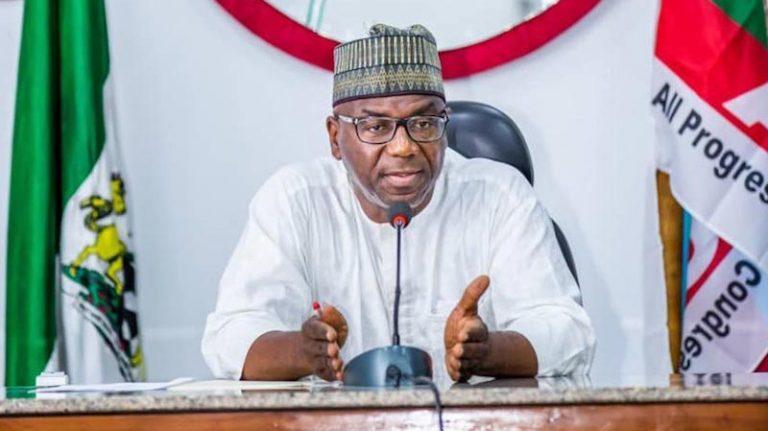PROFILE | “President for Life” – Who is Xi Jinping, China’s top leader
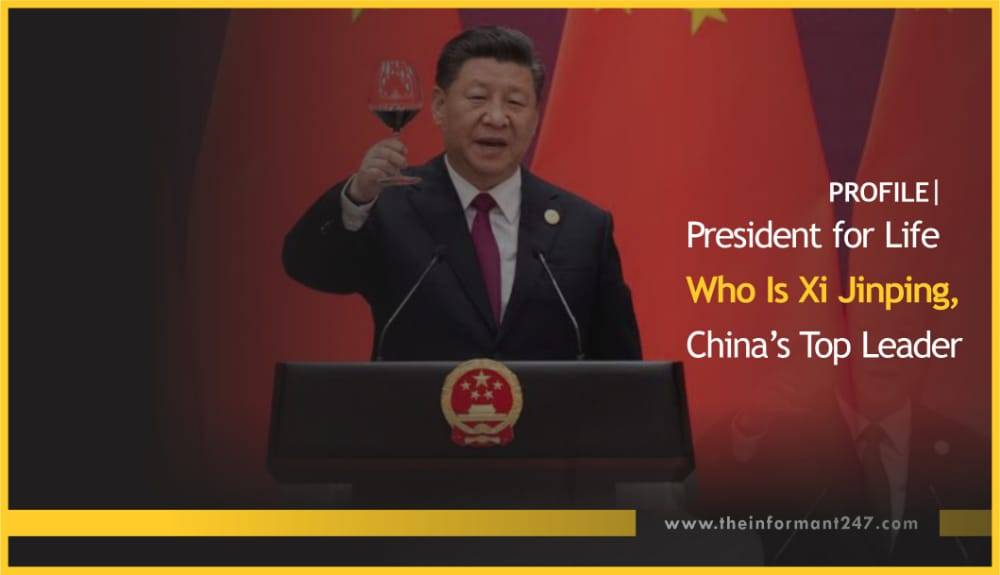
Named the most powerful person in the world by the Economist in 2017, Chinese state leader Xi Jinping in October, secured an unprecedented and historic third leadership term – which runs till 2027.
He was re-conferred the titles of General Secretary of the Chinese Communist Party (CCP) and Chairman of the Central Military Commission (CMC) in the wake of the 20th National Communist Party Congress.
The Congress, convened at the state capital and held between October 16 – 22, had in attendance over two thousand CCP delegates to chart a future course for China.
It featured discussions on state affairs, reforms to the Chinese constitution, and changes in its leadership setup.
Expectedly, Xi cemented his power status in the CCP. The Communist leader is well-positioned for the Presidency come March 2023, which could become “limitless”.
Rise of XI
Born in June 1953, Xi heads several state institutions and commissions, including the armed forces and police. He became a member of the CCP in 1974 and has risen through the ranks to a place of prominence in Chinese and world politics.
Before his accession Xi, 69, held a broad range of portfolios and functioned in several state positions. In October 2007, he was selected as one of the nine members (now a seven-man team) of the Politburo Standing Committee (PSC), China’s highest leadership unit.
In 2008, he was appointed Vice President of the Chinese state and Vice Chairman of the CMC – which placed him in a pole position to succeed the then-state leader Hu Jintao.
In 2012, he became General Secretary of the CCP, China’s most powerful position, and was elected President in 2013.
The Chinese Communist leader was ranked in 2018 by Forbes as the most powerful and influential person in the world and with his unprecedented third term, his status in Chinese politics became absolute.
Policies of the last decade
China has become a force in world affairs and shifted its focus beyond domestic economic reforms since Xi took power. Over the last decade, he has rolled-back state policies of the 1980s – and charted new courses.
In a bid to enforce party discipline and ensure internal cohesion, he introduced far-reaching measures which included an anti-corruption campaign.
The campaign, still on, has led to the downfall of prominent incumbent and retired CCP officials, including members of the PSC.
In 2018, he pushed for constitutional reforms and consequently, it paid off – the two-term limits for the presidency were abolished.
Under Xi, the Chinese economic transformation was rapid. Through the Belt and Road Initiative – a global infrastructure investment project initiated in 2013, China continues to hold an invaluable position in world trade and commerce.
Outside the shores of China, its leadership places itself at odds with other state actors, the US specifically on a sheer number of issues from human rights and press freedom to trade practices and territorial disputes.
Ties between China and the US are at their iciest level over Taiwan, as Sino-Russian relations forge ahead in good spirit.
What does a third leadership term hold?
The Chinese leadership of Xi as it enters into a new phase has both local and international issues to deal with.
The East-Asian nation of over 1.4 billion people faces an economic decline caused in part by the Zero-Covid policy – which has impeded domestic trade since its imposition.
State policies of the past decade have created conflictual relations between the Chinese leadership and the West.
Increasingly, China under Xi aims to further its global position, increase its influence, and most importantly reunify with the self-ruled democratic island of Taiwan.
The “Chinese Dream” of President Xi and its realization, has and will continue to position the PRC on a collision course with other state actors. His unprecedented third term in power will redefine a whole lot.
Relations between China and other parts of the world, the West specifically are bound to be more of strategic competition and rivalry than shared cooperation — one can only hope for the best, even as the Communist state reset its economy.

